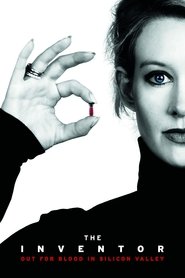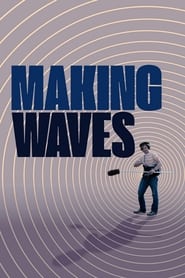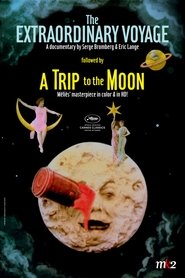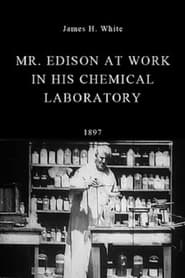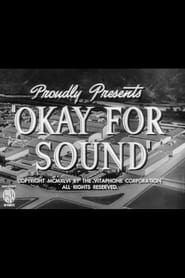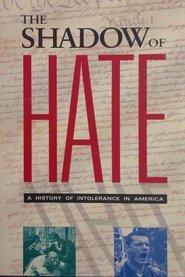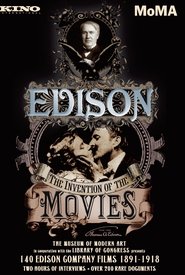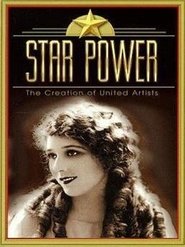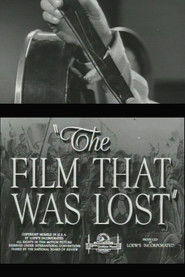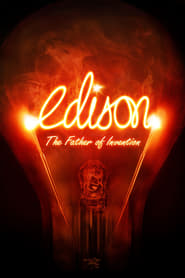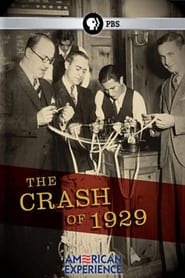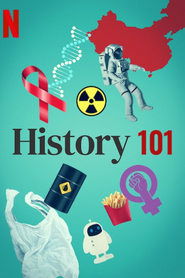Thomas A. Edison
Thomas Alva Edison (February 11, 1847 – October 18, 1931) was an American inventor and businessman who has been described as America's greatest inventor. He developed many devices in fields such as electric power generation, mass communication, sound recording, and motion pictures. These inventions, which include the phonograph, the motion picture camera, and the long-lasting, practical electric light bulb, have had a widespread impact on the modern industrialized world. He was one of the first inventors to apply the principles of organized science and teamwork to the process of invention, working with many researchers and employees. He established the first industrial research laboratory. Edison was raised in the American Midwest; early in his career he worked as a telegraph operator, which inspired some of his earliest inventions. In 1876, he established his first laboratory facility in Menlo Park, New Jersey, where many of his early inventions were developed. He later established a botanic laboratory in Fort Myers, Florida in collaboration with businessmen Henry Ford and Harvey Firestone, and a laboratory in West Orange, New Jersey that featured the world's first film studio, the Black Maria. He was a prolific inventor, holding 1,093 US patents in his name, as well as patents in other countries. Edison married twice and fathered six children. He died in 1931 of the complications of diabetes.
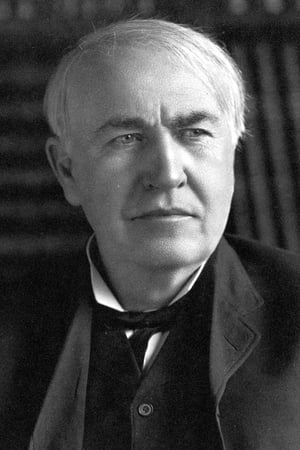
The Inventor: Out for Blood in Silicon Valley
as Self (archive footage)With a magical new invention that promised to revolutionize blood testing, Elizabeth Holmes...
Movie pageNaqoyqatsi
as Self (archive footage) (uncredited)A visual montage portrait of our contemporary world dominated by globalized technology and violence.
Movie pageMaking Waves: The Art of Cinematic Sound
as Self (voice) (archive footage)The history of cinematic sound, told by legendary sound designers and visionary filmmakers.
Movie pageThe Extraordinary Voyage
as Self - Filmmaker (archive footage)An account of the extraordinary life of film pioneer Georges Méliès (1861-1938) and the amazing...
Movie pageMr. Edison at Work in His Chemical Laboratory
as uncredited“This film is remarkable in several respects. In the first place, it is full life-size....
Movie pageThe Golden Twenties
as Self (archive footage)Feature-length compilation of 1920s newsreel footage, with commentary about news, sports,...
Movie pageOkay for Sound
as uncreditedThis short was released in connection with the 20th anniversary of Warner Brothers' first...
Movie pageThe Shadow of Hate: A History of Intolerance in America
as Self (archive footage)The film expresses the history of oppression, discrimination, violence and hate in America. It...
Movie pageEdison: The Invention of the Movies
as Himself (archive footage)A history of the Edison Company, the pioneering film production company begun by Thomas A....
Movie pageStar Power: The Creation Of United Artists
as Self (archive footage)The careers of D.W. Griffith, Mary Pickford, Douglas Fairbanks, and Charlie Chaplin are...
Movie pageThe Film That Was Lost
as Self (archive footage)In this John Nesbitt's Passing Parade short, a look is taken at the problems of film...
Movie pageEdison
as Himself (archive footage)By the time he died in 1931, Thomas Alva Edison was one of the most famous men in the world. The...
Movie pageThe Crash of 1929
as Self (archive footage)Based on eight years of continued prosperity, presidents and economists alike confidently...
Movie pageHorizon
as SelfHorizon tells amazing science stories, unravels mysteries and reveals worlds you've never seen...
TV Show pageHistory 101
as Self (archive footage)Infographics and archival footage deliver bite-size history lessons on scientific breakthroughs,...
TV Show page